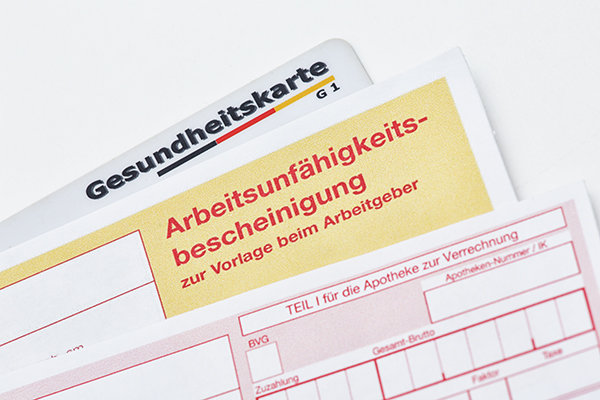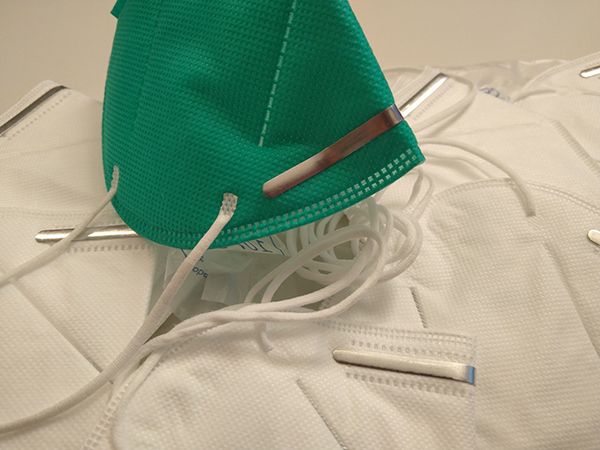If you are sick, you cannot work. However, in order to avoid trouble with superiors at work and to ensure that wages continue to be paid, certain rules must be observed. Sick leave plays a very important role in this.
What do you do if you cannot work because you are ill?
The most important thing is to inform the employer immediately. If you are suffering from flu or have broken your foot, you must inform the company immediately and also tell them how long you will be absent. This can be done by phone or email, according to the consumer advice centre. Then you should go to the doctor and have your incapacity for work determined. The doctor will then issue a certificate of incapacity for work. If you do not report sick, or if you report too late, you risk a warning or even dismissal. Detailed information is available from the IG Metall trade union, among others: www.igmetall.de/service/ratgeber/wie-formuliere-ich-eine-krankmeldung-richtig-ratgeber.
When does the certificate of incapacity for work have to be submitted?
It depends on the company. Some forms require it from the first day, others only after 3 days. In order not to risk any trouble, you should ask.
How does the certificate of incapacity for work reach the employer?
Since the beginning of this year, it is usually sent electronically. The employer calls up the data from the employee’s health insurance company. However, the company does not find out what the doctor’s diagnosis was.
Do I get paid even though I’m not working?
If you are employed, you will continue to receive your wages or salary for six weeks. However, this does not apply to the first four weeks in the new job: During this time, new colleagues are not entitled to continued payment of wages, according to the Techniker Krankenkasse (TK). As a rule, however, the health insurance company will then pay sick pay. If you have caused your illness yourself, you do not get paid—this applies, for example, if you have had a drunken fall.
Does this also apply to mini-jobs?
According to the TK, this also applies to marginally employed persons in mini-jobs as well as short-term employees and pensioners who work as employees. They also continue to receive money.
And what about in the case of prolonged illness?
After 42 calendar days, i.e. about six weeks, continued payment of wages ends. Then the health insurance company pays sickness benefit, according to the AOK. It amounts to 70 per cent of the gross salary. Further information is available from the consumer advice centre, among others: www.verbraucherzentrale.de/wissen/gesundheit-pflege/krankenversicherung/krankengeld-ab-wann-sie-es-bekommen-und-wie-sie-es-beantragen-38939
tun23081201
Weiterhin telefonisch erhältlich: eine Arbeitsunfähigkeitsbescheinigung. Foto: Tim Reckmann (pixelio).
000167




